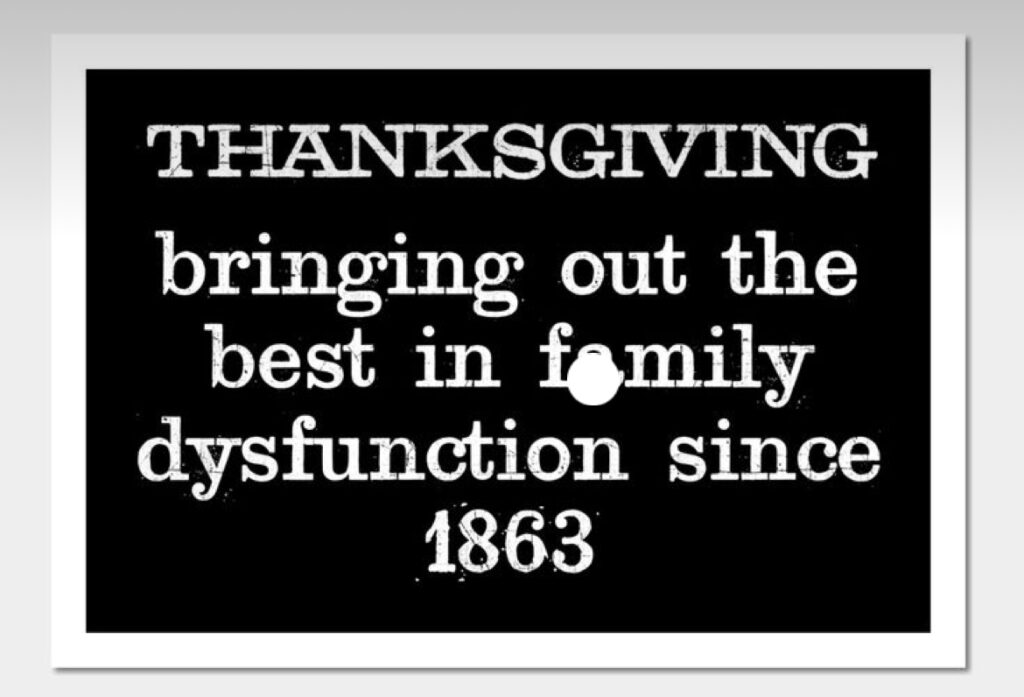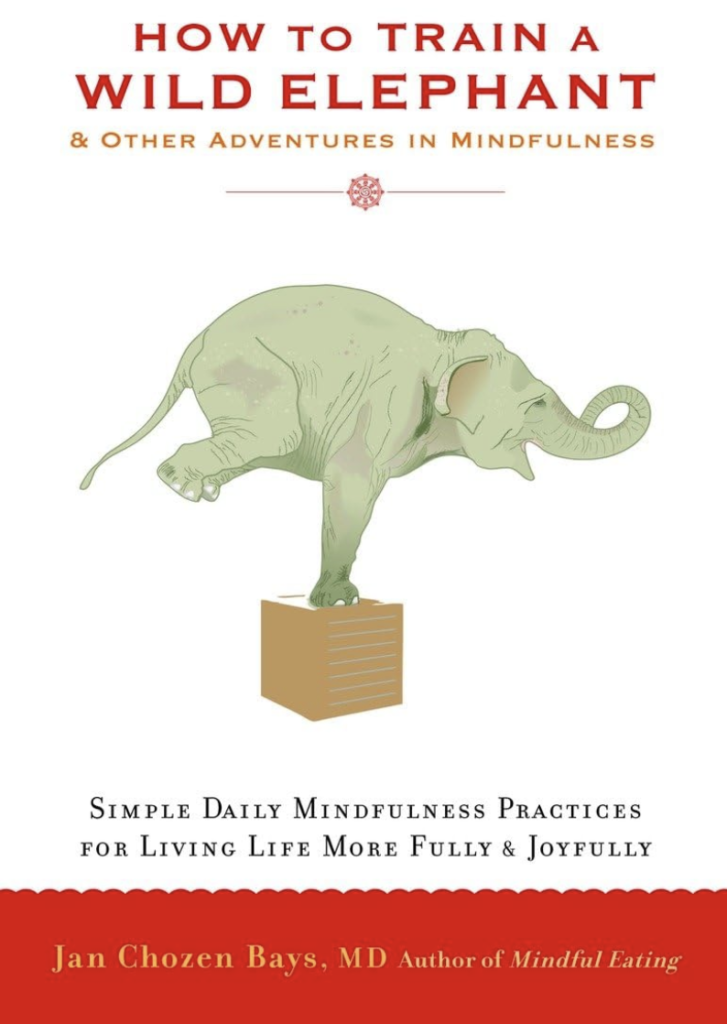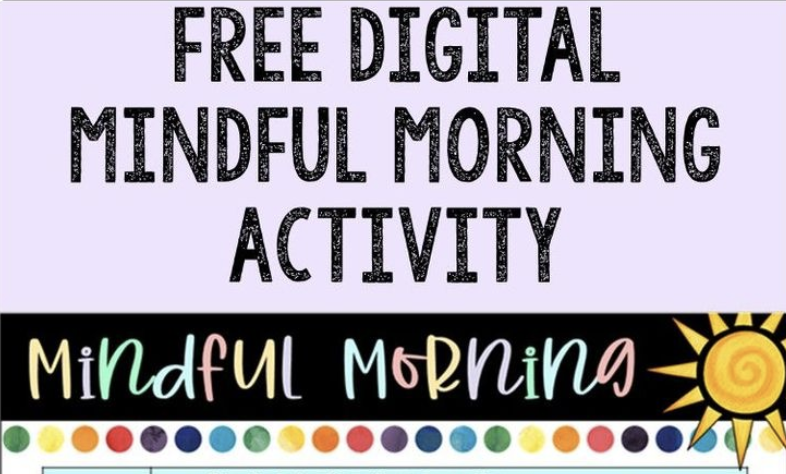Mindful Beginnings: The Key to Building Meaningful Relationships
Julia Friedland, Social Work Intern
When I was little, my mom taught me a quote by Maya Angelou on the way to a playdate with a new friend.
“People will forget what you said, people will forget what you did, but people will never forget how you made them feel.”
Since that moment, I’ve used Maya Angelou’s words to remind myself of the importance of kindness and self-awareness while building a new relationship. It’s been a sort of mantra that guides me when I move to a new place, enter a new setting, or meet a new person.
What I realize now, as an adult and as a future clinician, is that this quote is not necessarily the only thing I need to remember as I form new relationships.
I’m an overthinker. I am hyper-aware of how I present and am being perceived, which manifests in how I present myself in new relationships. Before I know someone well, and before they know me, I feel an urge to prove myself in different ways. I tailor my facial expressions, word choice, and overall presence to ensure a new person feels comfortable and valued and to present myself in a “good” light.
Mindfulness is the first skill taught within Dialectical Behavioral Therapy (DBT), as each subsequent skill depends on our ability to be mindful. As I become more familiar with Dialectical Behavioral Therapy (DBT), I understand the ineffectiveness of this habit of mine, particularly in new relationships. Rather than connecting with myself and the other person in the moment, I seem to spend a lot of ineffective time in my head. I think of the future, and I allow my urges to take control of how I spend the vital first moments of a new relationship. I would have a much easier time building a meaningful connection by being present in the moment rather than by scrutinizing my own words and actions or deducing the meaning of another person’s facial expressions.
At its core, mindfulness is about accepting where we are and what we are feeling, thinking, and experiencing in the moment. The first step of mindfulness is learning to observe our sensations, thoughts, and feelings nonjudgmentally based only on what we can see, hear, smell, taste, or touch. I wish I could know exactly how my tone of voice, word choice, and facial expressions impact a person’s perception of me. However, there is no way to observe this objectively. My attempt to over-analyze, I’ve realized, is a coping skill I’ve learned over time to gain control over how I am being perceived. A more effective way to build a positive relationship is to refocus my attention on the moment.
When we navigate new situations and relationships, it’s understandable to get stuck in our assumptions about the other person or fixate on how we are perceived. In those moments, we must remember our goal in our interactions: to build a meaningful, positive relationship. Mindfulness helps us move away from those distractions and settle into our “wise minds,” leaving us better equipped to welcome new relationships.
Maya Angelou’s quote still holds true, and it remains a favorite of mine. And now, with a growing understanding of DBT and its emphasis on mindfulness, I can read it with fresh eyes as I initiate and build meaningful relationships in my life.
WORDS OF WISDOM

MEME OF THE WEEK

BOOK OF THE WEEK
(Click below to Purchase Book)
MENU

Sweet Potato Soup, Leftover Turkey Casserole , Best Banana Bread Recipe
CONTRIBUTE


